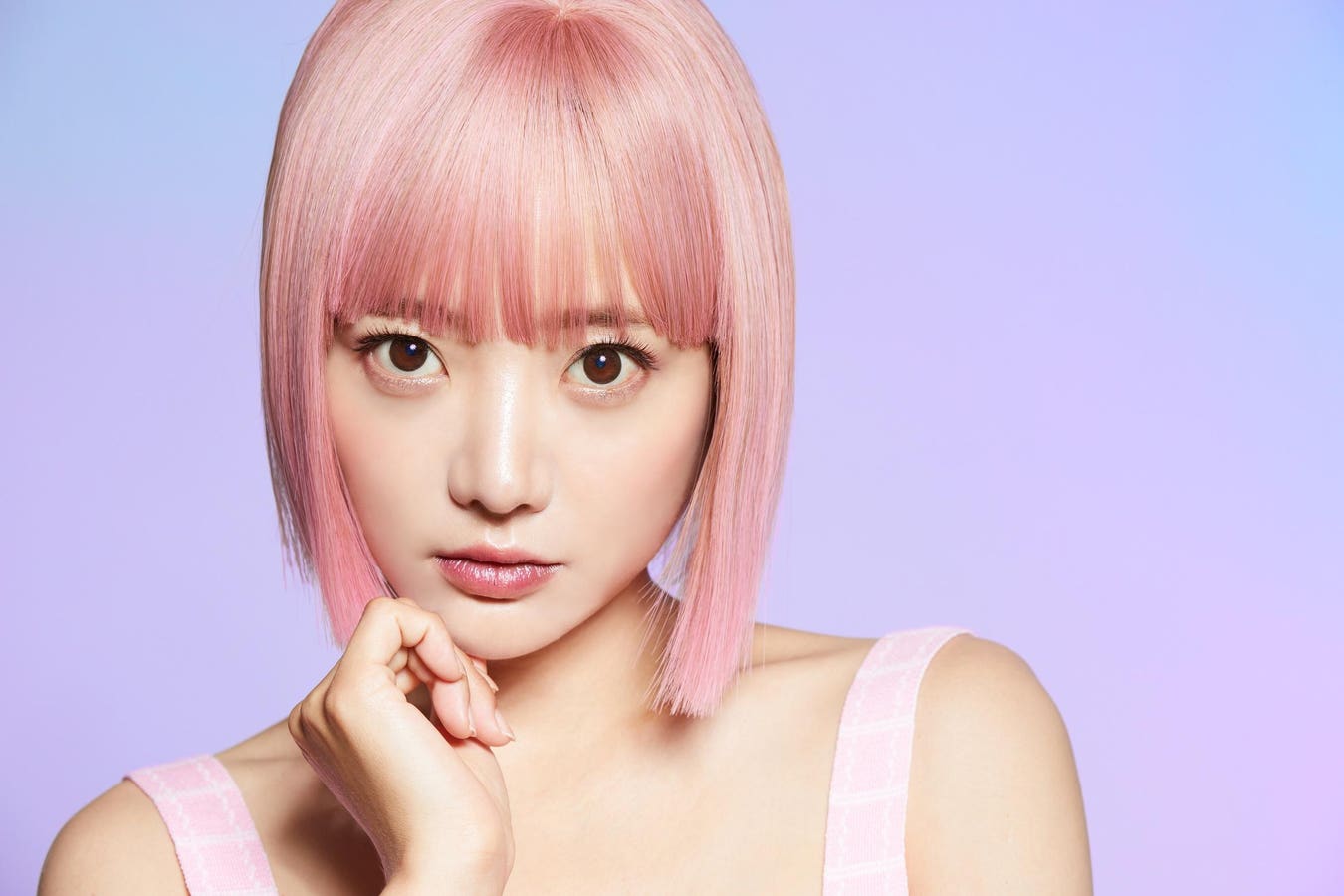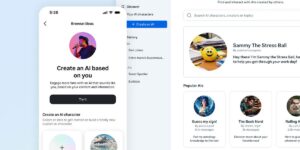Meta Allows Creation of AI-Generated Accounts on Facebook and Instagram

The Rise of AI Influencers on Social Media
Understanding Meta’s New AI Features
Meta, the parent company of popular platforms like Instagram and Facebook, is witnessing a surge in AI-generated user accounts. As part of its strategy to captivate a younger demographic, Meta is introducing a variety of AI tools, such as a feature that allows users to create AI characters. According to Connor Hayes, Meta’s vice president of generative AI, these AI accounts are expected to operate alongside human accounts.
This follows the launch of AI Studio, which lets users design their own chatbots. Now, thanks to advanced text-to-video technology, users can craft digital personas with relative ease.
The AI Influencer Trend
One prominent example of an AI influencer is Aitana Lopez, a virtual model based in Barcelona. Aitana, despite having a substantial following of nearly 350,000 on Instagram, is not a real person. Created by designer Rubén Cruz, she incorporates a backstory that her followers believe. Aitana earns between $3,000 and $10,000 monthly through brand partnerships and is also active on platforms like Fanvue.
Another example is Kimochii, an AI influencer crafted by a mysterious creator after he lost his job. Despite his reservations about social interaction, he built Kimochii to engage with followers through Instagram.
Jenny Dearing, the CEO of a startup called 1337, is also tapping into the AI influencer market. Her company encourages user suggestions for how their artificial influencers should behave, seeking to blend human input with AI. Dearing believes this mix can create a more authentic user experience amid a crowded influencer landscape.
The Impact of AI on Social Media
Meta’s innovative character tool has facilitated the creation of thousands of AI personas, though many remain private. Meanwhile, TikTok is also expanding its capabilities with a new feature called Symphony, enabling brands to use AI avatars in their marketing. Services like Arcads.ai offer businesses the chance to create entire video campaigns featuring AI-generated actors.
Despite optimistic projections, there are concerns about the consequences of AI-generated content. Meta has established rules for clearly labeling AI content, but potential threats linger. Issues such as misinformation, scams, and emotional harm could arise as generative AI technology becomes more prevalent.
A tragic case recently highlighted these risks when a lawsuit alleged that a 14-year-old’s suicide was linked to interactions with generative AI. Concerns have been voiced about whether the influx of AI accounts could lead to harmful content being disseminated on social media platforms. Analysts worry that if too many AI bots infiltrate Meta’s sites, users might start seeking alternatives.
The Dead Internet Theory
The notion of the "dead internet" theory has gained traction, suggesting that many online interactions are automated and driven by AI. Some critics argue that we might already be nearing a point where real human engagement is overshadowed by AI-generated content.
Elon Musk has suggested implementing user fees on social platforms to mitigate the overwhelming presence of bots, reflecting ongoing worries about disinformation campaigns. The dead internet theory cautions users to approach online content with skepticism.
Artificial intelligence is transforming social media interactions by reshaping how platforms manage engagement, influencers, and communication. With Meta’s initiatives, the conversation is evolving, marking a significant moment in digital interaction. As AI technology grows, its ramifications for social media platforms will likely become broader and more profound.




